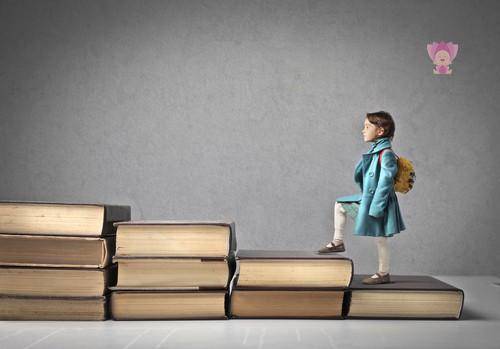Alternative Theories for Pandemic Learning Loss Are Gaining Traction


It’s 2023 and people are still very concerned about the learning loss that took place when schools were virtual during the height of the pandemic.
People are still talking about it, but not questioning it. It is accepted now that kids are all behind and still not catching up. How true is this really? Emily Olster leads a grant-funded pandemic learning loss research project, the COVID-19 School Data Hub. Their 2022 New York State report said that student English Language Arts (ELA) and math proficiency fell 3.7 percentage points from the 2019 average. The states are all different and learning levels appear to be recovering, but there is still a lot of alarm.
I still maintain, as I did at the time, that even if the learning losses were dramatic, it was worth it. Losing a family member to COVID would be much harder on any kid than trying to catch up on math.
The common theory, one that is making a few companies a lot of money, is that kids are way behind in math and reading because they missed so much school during the pandemic. That could be true for some kids, but I always suspected that most kids taught themselves to read. My kid read more during the pandemic than ever before.
With advanced math, it is more complicated, but with arithmetic, I really don’t think it takes kids that long to learn. Mostly what they are learning in school for this is how to sit still and work out a series of problems when asked. That discipline and social skills are absolutely something that may have gotten lost when missing school, but it doesn’t take long to catch up.
Kids never stop learning. They just learn different things in different environments. Last year my kid went to a Waldorf school (a mistake we will not repeat this year). They don’t teach you how to read until upper elementary school. They hardly teach math. Yet, these kids excel to the top of their classes when they finish and go to public high school. Why? It isn’t education, it is because they have money.
The experts all say that the learning loss is the worst for underprivileged kids. I think it is the loss of a stable environment, school meals, and strong role models that many (but not all) underprivileged kids are missing at home. It isn’t the math lessons.
I’m mostly with this guy on Medium–I think this “learning loss” discussion is really a cover-up for what we all know. Inequality is the problem, not the lack of lecture time.
Some Kids Are Having Really Big Issues and They Stand Out
Another theory, backed by more science but somewhat ignored by the media (maybe because no one wants to face it), is that COVID itself is causing temporary, and sometimes more lasting, cognitive disabilities.
Buried under all the headlines about the new Barbie movie or other more palpable topics, new studies keep showing that kids are also susceptible to long COVID. Even super mild infections can lead to brain fog for months.
Some kids are getting COVID again and again and don’t even know it because their symptoms are so mild. Kids are always sick so we don’t worry too much about it, but COVID is different because of the potential for lasting impacts even in asymptomatic cases.
I think there is good evidence that this alternate theory may be correct. Although the official designation of a pandemic has ended, COVID has not.
We also know that exposure to COVID does not provide long-term learned immunity and may even do the opposite. Even the vaccines have proven pretty ineffective at stopping COVID transmission (they do help prevent hospitalization and death of course).
COVID is still out there. People you know are getting it again every day. They have stopped tracking testing and cases, but that doesn’t mean people stopped getting it.
I’m still sending my kid to school and we rarely wear masks anymore (I wish they would but it is impossible to make them when they would be the only ones). This isn’t because I don’t understand the dangers. It is because I do. I can’t keep them locked in their rooms forever and everything in the world is dangerous right now. At some point they are going to be exposed to sex, and drinking, and driving…all extremely dangerous. And the next pandemic is probably coming soon.
I want them to experience all the fun and adventure of friends and field trips and birthday parties and school drama before the next time they shut it all down.
Most of all, I don’t want them worried that they are permanently behind in learning because they had to stay home with us for a while.
















Leave a comment